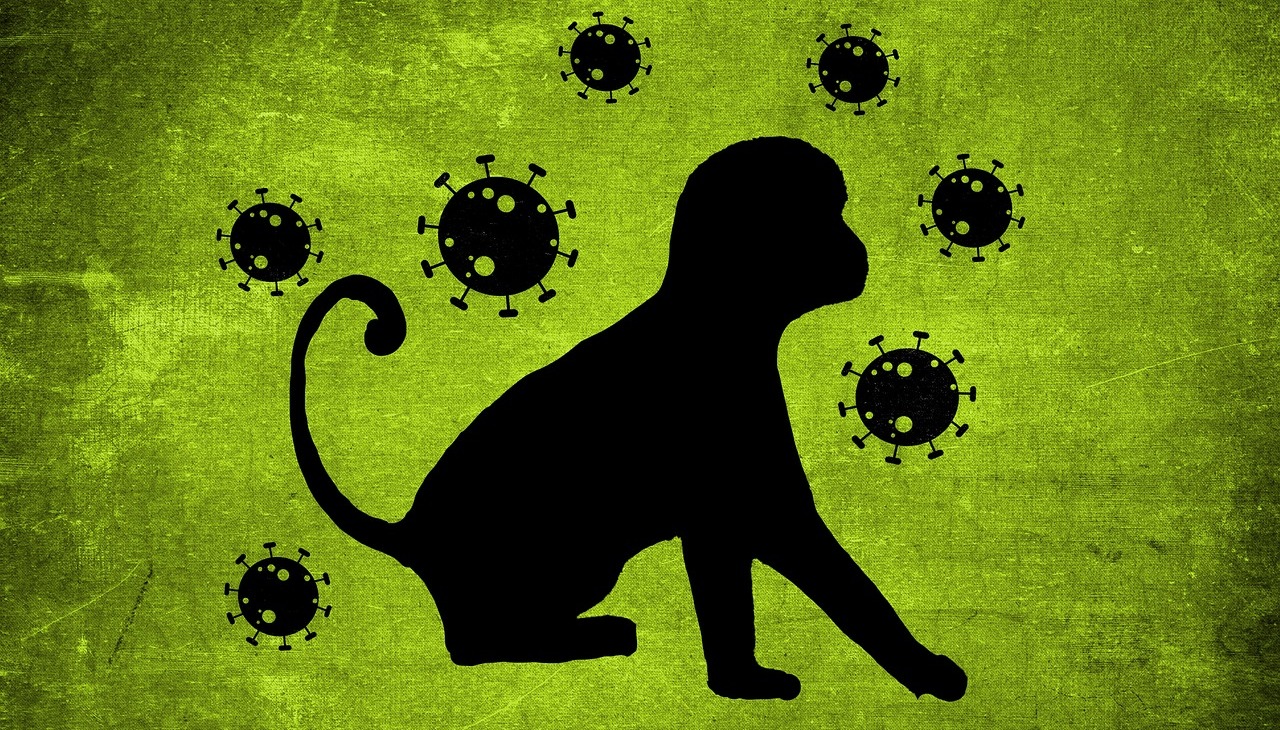
World Health Organization (WHO) changes the name of monkeypox
It seeks to limit stigmatization and racist comments around this virus.
Highlighting that the disease commonly develops in rodents and not in monkeys, the World Health Organization (WHO) announced today (Monday, November 28) the new name, which will be used from now on in medical terminology and official documents.
“mpox,” which can be used in different languages, is the new name that will coexist with monkeypox for a year, time during which the latter term will be completely replaced, in order to avoid confusion around the disease.
Disease naming
Within the framework of the International Classification of Diseases (ICD) and the WHO Family of International Classifications Related to Health, through a consultative process that includes Member States, the international body has the authority to baptize new diseases, and in some cases, like this one, changing the name of existing ones.
Taking into account the opinions of various experts, as well as countries and the general public, the name change will take place after a one-year transition period to avoid confusion created by the new name amid the global outbreak.
According to the WHO, the term mpox will be included in the ICD-10 in the coming days. In addition, it will be part of the official 2023 version of ICD-11, which is the current global standard for health data, clinical documentation, and statistical aggregation.
Although this process of updating the ICD can take several years, in this case it has been accelerated.
Following consultations, WHO will begin using a new term for “#monkeypox” disease: '#mpox'.
— World Health Organization (WHO) (@WHO) November 28, 2022
Both names will be used simultaneously for one year while 'monkeypox' is phased out https://t.co/VT9DAdYrGY pic.twitter.com/Ae6zgkefPI
Reasons for change
When the monkeypox outbreak began earlier this year, an epidemic of racist comments surrounding the origin of the disease broke out on social media, prompting several countries to request a name change.
RELATED CONTENT
Although monkeypox occurs most commonly in rodents, it was so named because it was originally associated with monkeys destined for research in Denmark in 1958, and was officially named after it in 1970.
WHO stressed that disease names should avoid unnecessary negative impacts on trade, tourism, animal species, or avoid offending any cultural, social, national, regional, professional, or ethnic group.
It is important to note that prior to the global monkeypox outbreak this year, a process was already underway to rename all orthopoxvirus species.
Spread
According to DW, although the spread of this disease was limited to certain countries in Africa, where it is now endemic, as of May cases began to appear all over the planet.
The disease causes skin rashes, which can appear on the genital organs or in the mouth, and be accompanied by fever and sore throat. In most cases, the patients are men who have sex with men.
This year, just over 81,000 cases and 55 deaths have been reported to WHO in 110 countries.











LEAVE A COMMENT:
Join the discussion! Leave a comment.